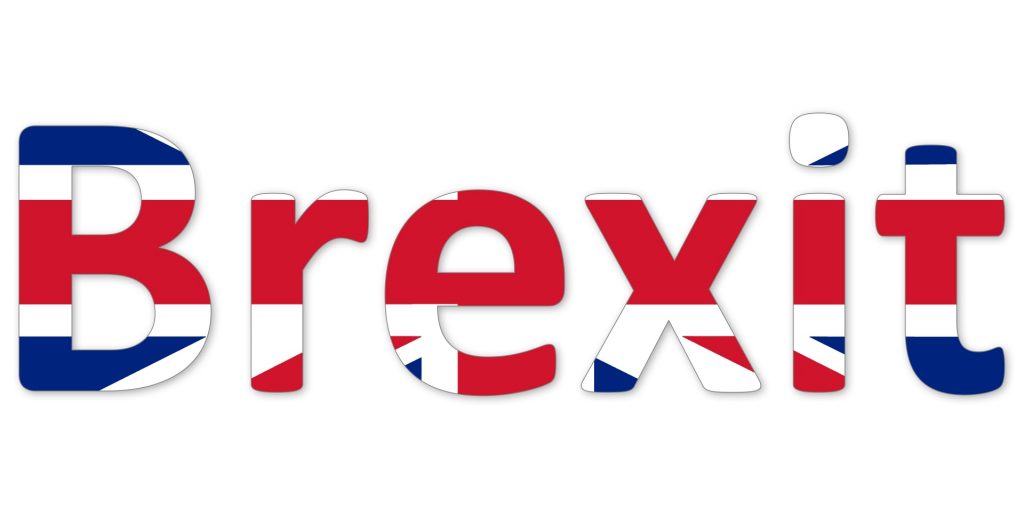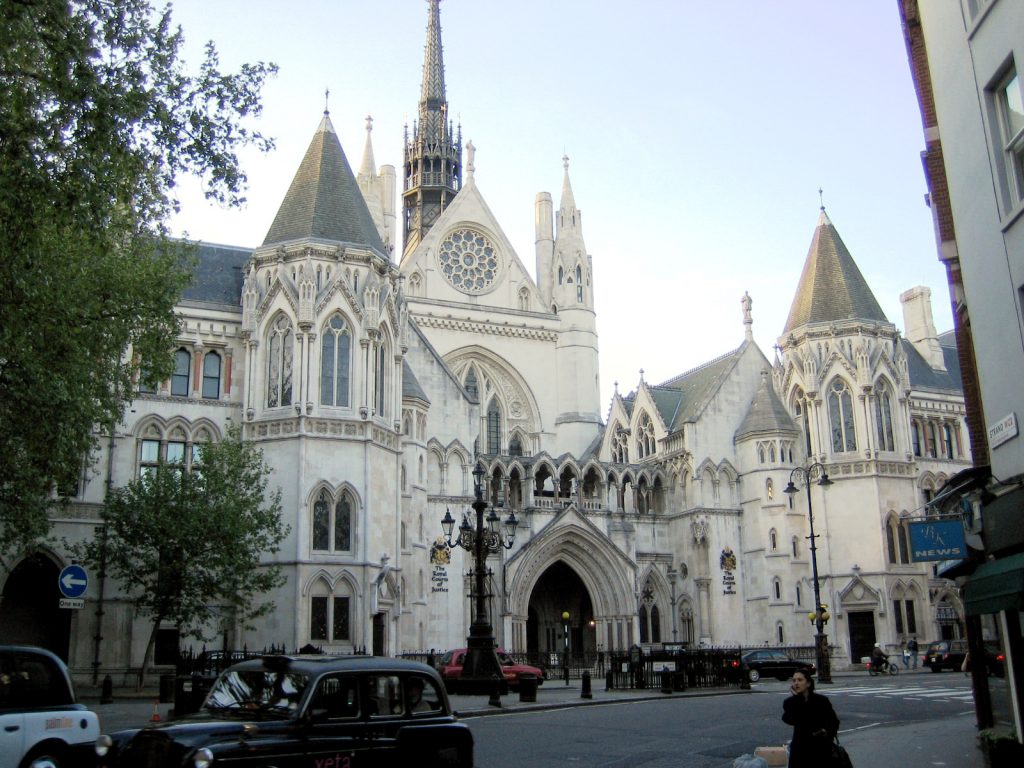
Statue of Europe, Unity in Peace

Dr. Martin Hurcombe,
Reader, School of Modern Languages, University of Bristol
There are some who will no doubt greet the triggering of Article 50 on the 29th March 2017 as an occasion of historical significance. It may seem churlish to even state otherwise, but my sense is that this is not a date that will live long in the memory. It is simply the prelude to events of far greater importance, the scale of which few of us seriously claim to be able to gauge in all their potential complexity.
No doubt, though, politicians and journalists will once again be casting around for historic parallels, for popular aides-mémoires through which the public can grasp the event. They will struggle to find anything quite like this in living memory, so will have to delve deep into our nation’s bag of collective memories. I expect Boris Johnson’s paws will delve the deepest. Out will come toy spitfires, reminders of our island status and how we all pulled together (whoever we are now) in moments of national need.
War memories often act as handy markers of national identity. They are quintessential moments when the nation pulled together. It is therefore unsurprising that the Leave campaign so frequently returned to what Estelle Shirbon of Reuters dubbed ‘Britain’s World War Two fixation’. The Blitz and Churchill (possibly one of the Conservative Party’s most ardent Europeans) were all trotted out, whilst the European Union was depicted by Johnson as Hitler’s victory from beyond the grave. Continue reading










![By Map by Robert Simmon, based on data from Woods Hole Research Center. (http://visibleearth.nasa.gov/view.php?id=76697) [Public domain], via Wikimedia Commons](https://policybristol.blogs.bris.ac.uk/files/2016/11/Aboveground_Woody_Biomass_in_the_United_States_2011.jpg)





